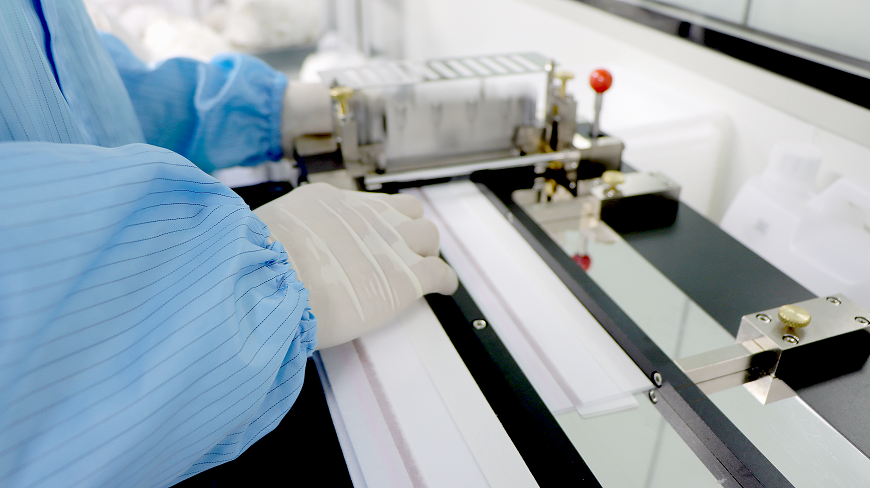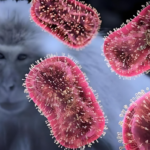Social Responsibility
Explore The Art Of Living Together.Contribute to creating a better society.

Dear All
As a leading supplier of raw materials for in vitro diagnostic products, we take our corporate social responsibility very seriously. We recognize that our operations have an impact on our communities, the environment, and society at large, and we strive to make sure that impact is a positive one. Providing safe, reliable, and high-quality materials to our customers, while at the same time promoting sustainable practices throughout our operations.
Give Back to Society with Our Professionalism
Making action at the first time if the society has difficulties.
When the domestic demand for the new coronavirus antigen test reagents surged, in order to ensure sufficient and smooth supply of medical supplies, many departments in Ningbo, Zhejiang Province, joined hands to open a green channel to help us expand production. We donated a large amount of reagents to the society through the Red Cross, and all the reagents were developed and produced by Bio-mapper. We cooperated in the face of difficulties, and yes, we did it.
Strict Requirements for Ourselves
At the heart of our social responsibility program is our belief in transparency and accountability. We regularly assess our operations to identify opportunities for improvement and address any areas of concern. We also engage in dialogue with stakeholders, including customers, suppliers, and community members, to ensure that we are meeting their expectations and needs.

Environmental results on the environmental and society impact of the development and production of 10 million copies of colloidal gold test strips and 1000 grams of recombinant antigen/antibodies.
Ambient Air:
Mainly protects the residents around the society. Air quality meets the secondary standard value of Ambient Air Quality Standard (GB3095-2012)
Collected and treated by “water spraying + sodium hypochlorite” secondary spraying and then discharged through a 15m high exhaust pipe.
Water Environment:
Pooling, pre-filtration, low-temperature evaporation, condensation, membrane filtration, condensate recovery, and external treatment of concentrated liquid/reliance on septic tank pretreatment in the plant.
Sound Environment:
The noise of this project is mainly generated by the operation of the equipment, and the contribution value of the noise from the operation of the equipment in the whole plant area to the sound environment of the plant boundary can meet the standard limit value of Class 3 of the Environmental Noise Emission Standard for Industrial Enterprises (GB12348-2008).
Soil Environment:
The hazardous waste generated by the project will be safely disposed by qualified units, general solid waste will be sold, and domestic waste will be entrusted to the sanitation department for timely removal, then all the solid waste generated by the project can be properly disposed and will not affect the local environment.
Accident Risk:
The project has no major sources of danger, the project involves environmental risk factors such as leakage of wastewater treatment stations and hazardous waste, the construction unit should first reduce the society probability of risk occurrence by developing risk prevention measures and strengthening staff safety, environmental protection knowledge and risk accident safety education.
Basic Conclusion
- Advanced production technology, pollution emission standards
- Meet the requirements of society environmental quality
- Can basically maintain the status quo of local environmental quality
We at Bio-Mapper are proud of our commitment to social responsibility and will continue to work hard to promote positive change in our industry and in the world at large.
Article by Bio-mapper

A Brief Talk on the Detection of Five Tumor Markers
A Brief Talk on the Detection of Five Tumor Markers Souce:public 1、What are the five tumor markers? Five tumor markers refer to a group of

Monkeypox virus, wreaking havoc
At least 16 countries on the continent have confirmed cases of monkeypox, said Jean Kasseya, director of the African Center for Disease Control and Prevention,






